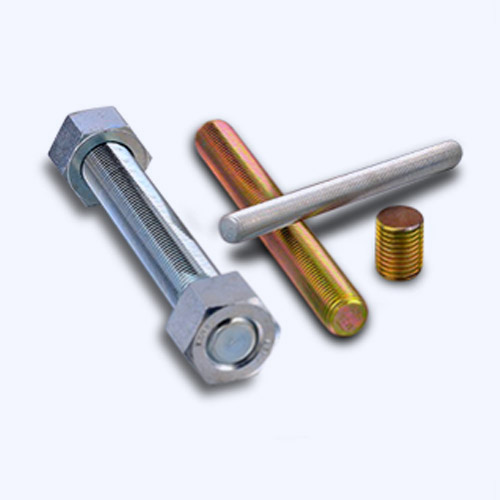Қаз . 10, 2024 23:44 Back to list
hex nut types
Understanding Hex Nut Types A Comprehensive Guide
Hex nuts are fundamental components used in various industries, ranging from automotive to construction, and even in electronics. These small, hexagonal-shaped fasteners play a critical role in securing two or more items together. With their simple design and versatility, hex nuts come in various types and materials suited for different applications. This article delves into the various hex nut types, their characteristics, and their applications.
The Basics of Hex Nuts
Hex nuts are named for their six-sided (hexagonal) shape, which allows for easy gripping and turning during installation or removal. This design provides a larger surface area for wrenches or pliers, making it easier to apply torque and securely fasten objects. Typically made of materials like steel, brass, or nylon, hex nuts are used alongside bolts or screws that have matching thread sizes and pitches.
Types of Hex Nuts
1. Standard Hex Nuts The most common type, standard hex nuts are available in various sizes and thread classifications. They are often used in general applications where strength and reliability are required.
2. Lock Nuts Also known as locking hex nuts, these are designed to resist loosening under vibration or torque. Lock nuts come in several forms, including nylon-insert lock nuts and serrated flange lock nuts. They are particularly useful in automotive and machinery applications where movement can lead to loosening.
3. Heavy Hex Nuts These nuts are thicker than standard hex nuts and offer superior strength and durability. Heavy hex nuts are used in heavy machinery and structural applications, where higher load-bearing capacity is essential.
4. Flange Nuts Flange nuts feature a wider, integrated flange that provides a larger bearing surface. This helps distribute the load evenly and reduce the risk of loosening. Flange nuts are commonly used in applications requiring a secure grip, such as in automotive assemblies.
5. Coupling Nuts These are elongated hex nuts designed to connect two external threads. Coupling nuts are often used in situations requiring the joining of two threaded rods or pipes, making them invaluable in construction and plumbing.
hex nut types

6. Wing Nuts Wing nuts are designed with wings or protruding edges that allow for hand-tightening without the need for tools. This type of nut is ideal for applications where frequent adjustments are necessary, such as in various DIY projects or temporary assemblies.
7. Jam Nuts These thin nuts are used in conjunction with standard hex nuts. They are typically tightened against a standard nut to prevent it from loosening. Jam nuts are often used in cases where space is limited or where extra security is required.
Material Considerations
Hex nuts are manufactured from various materials, each serving different needs. Common materials include
- Steel The most widely used material, steel hex nuts are strong and often treated with coatings to prevent corrosion. - Stainless Steel Offers excellent resistance to rust and corrosion, making them suitable for outdoor applications and environments exposed to moisture.
- Brass Known for its corrosion resistance and aesthetic appeal, brass hex nuts are often used in electrical applications and plumbing.
- Plastic/Nylon These nuts are lightweight and resistant to corrosion, making them suitable for applications where metal might corrode, such as in the food industry.
Conclusion
Understanding the different types of hex nuts is crucial for selecting the right fastener for specific applications. The right choice can ensure safety, durability, and performance in projects ranging from home repairs to industrial machinery assembly. Whether you are a DIY enthusiast or a professional contractor, having a comprehensive knowledge of hex nut types allows for better choices, ultimately leading to successful outcomes in your projects. Always ensure compatibility with your bolts or screws in terms of size, thread, and purpose to guarantee secure and reliable fastening.


